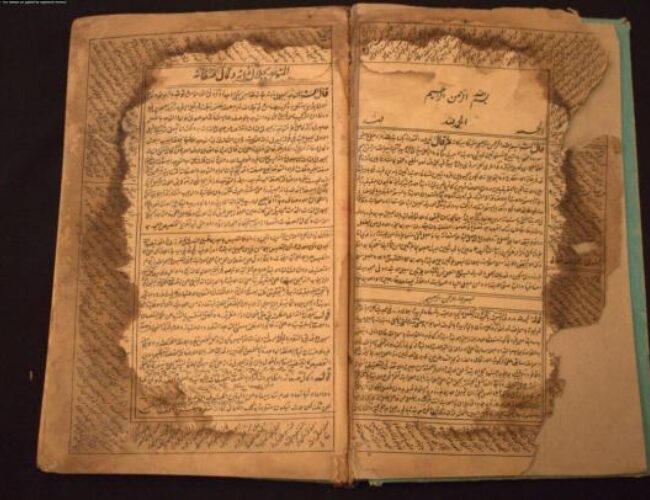While recent decades have seen a growth in the number of document-based histories of the 18th and 19th centuries in Tajikistan, the pre-Russian period remains poorly studied and often glossed over in the broader historiography. Locating and cataloguing the documents will provide a new resource for scholars.

The materials written and published in what is now modern Tajikistan prior to the conquest of the area by the Russian Empire in the 1870s comprises genealogical material (including Sufi silsila records), the records of local religious and private organisations, and more germane personal accounts of life. These materials provide an invaluable perspective on the social and cultural history of the region in the otherwise poorly studied period between the collapse of the Timurid Empire and the invasion of the Russian Empire into the region.
During the Soviet period, these documents were considered suspect or representative of “undesirable” class elements, and the State Archives in the Tajik Soviet Socialist Republic were occupied only with the preservation of materials related to the Soviet state and its institutions. As a result, the materials relating to Tajikistan’s heritage have often gone unnoticed and been forgotten.
The project identified, cleaned and digitised 75 pre-Soviet monographs amounting to 10,604 images. The project found some resistance from the owners in the digitisation of the items, mainly due to the religious nature of the documents. The project staff were trained in digitisation practices, who will continue the digitisation effort in the region.
